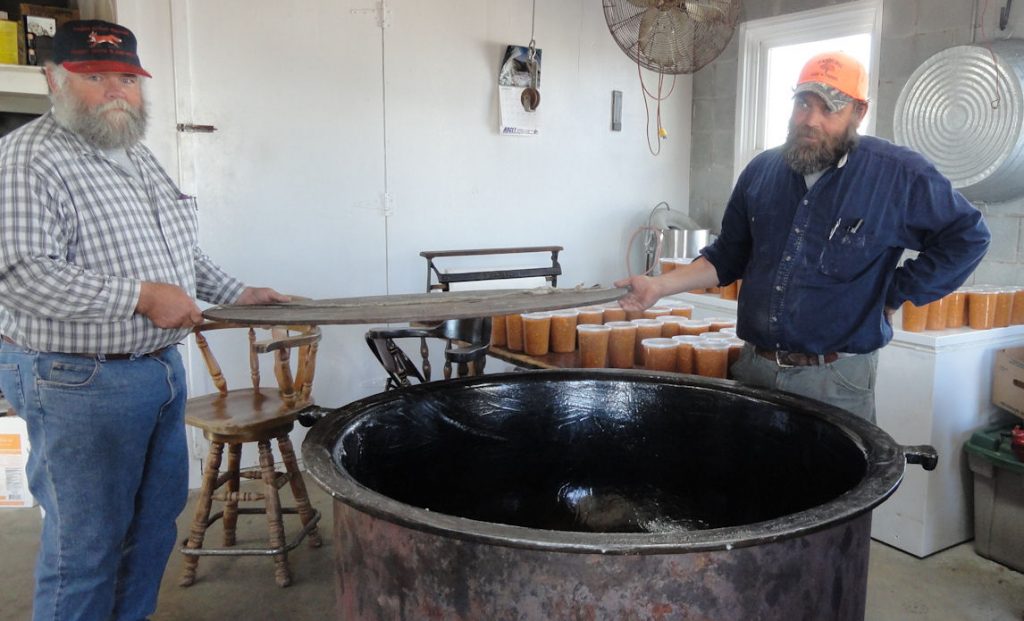I have been complaining about how independent-minded people cannot get along in the big bureaucratic organizations as long as I have been working in big-bureaucratic organizations. It is getting to thirty years now and I have been getting along reasonable well in big-bureaucratic organizations. For an even longer time, I have been reading books about independent-minded reformers bucking the system to change the paradigms and make meaningful changes. I always identified with the plucky outsiders. Most of us do. It is the American way. You can easily see it in the plots of so many movies and books. A group of misfits is picked on and oppressed by the powerful and/or popular people. They continue to do things their way and by the end of the movie are vindicated. As I said, most of us identify with the underdogs and misfits.
It can’t be right. There are more than 300 million Americans and ALL of us are rebels? If all of us are a little different and a little rebellious, who are we rebelling against? And if the group of misfits comes out on top, don’t they become the in-group. Maybe it is the nerds and the theater kids oppressing the jocks.
I have been reading another of those business-management-behavior books that gives another set of examples about the rebels working on their own turning the tables on the established and powerful. But, as I wrote, I have been reading these sorts of books for a long time. The names are changed and the exact circumstances are different, but the stories are the same. My study of old books tells me that this story has been going on for as long as people could write. Each of the new renditions makes it seem like it is a new discovery, but maybe this is just the way it is, has been and ever will be.
In my own lifetime, I have seen many of “rebels” turn into the establishment that needs to be overturned by new rebels. These erstwhile rebels in general did not “sell out.” They simply solved the problems presented them. Yesterday’s solutions are often today’s problem, which implies that today’s solutions will be tomorrow’s problems. This seems depressing at first glance and it could be, but I don’t think it is. It is simply a matter of growth and change.
Many of the problems of my youth have indeed been solved and the world is generally a much better place than it was back in 1973. Our generation actually did pretty well. I have reasonable confidence that it will be a better place in 2053 than it is today, i.e. the kids will be all right too. But people will still complain, because people complain. We can always imagine better.
I have been complaining about how hard it is for independent-minded folks like me to make it in the organization. People like me like to “stick it to the man.” But in the course of all my complaining, suffering and strife, I realize now that I have become the man, or at least one of them. People see me like I saw my bosses of the past. I now understand that my old bosses too were surprised by their own apotheosis or demonization, depending on who was doing the taking and when. These successful folks were – in their own minds – the plucky outsiders who had to push open doors and make the system change. Some were right.
It is a little deflating but nevertheless comforting to realize that we – we plucky outsiders – we are the system, maybe too much to say bricks in the wall but not too much to say links in a chain. It is a great strength of our American system that we can easily absorb good people and ideas from outside the current establishment. We actually live in a state of constant revolution, but w/o the nasty bits associated with those things that happened in France or Russia.
It doesn’t work in spite of us but because of us. We “rebels” sometimes don’t admit it or even see it. The system works with us and we work with it. The energy of our discontent is part of its lifeblood. We never get all we think possible because we can envision better than anyone can achieve and it is a moving target. As soon as we get to a place we thought impossible, we start thinking it is normal, deserved and maybe not enough.
Well, looking around on this first day of 2014, I see that things are pretty good. Can I envision better? Of course I can. Is it better than I envisioned by in 1974? Hell yeah. We solved the energy crisis, brought down world communism, reduced absolute poverty by 80%, cut cancer deaths, greatly improved water and air quality, brought back species such as wolves & eagles; the population bomb fizzled; Lake Erie turned out not to be dead and we even got rid of disco & leisure suits. Those were things I worried about back then, I thought there were no good solutions; fortunately, I was wrong.
And still can stick it to the man. Take a look at this clip.

